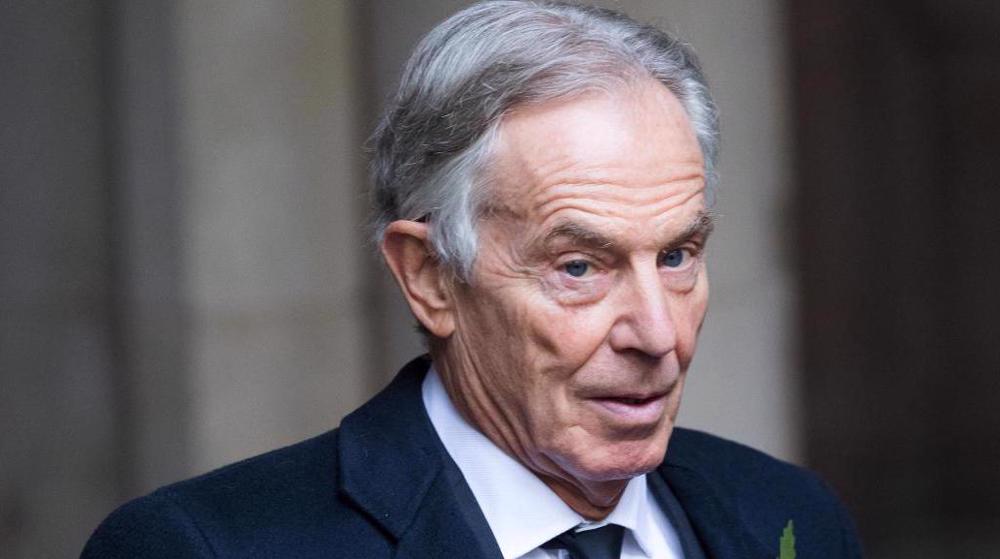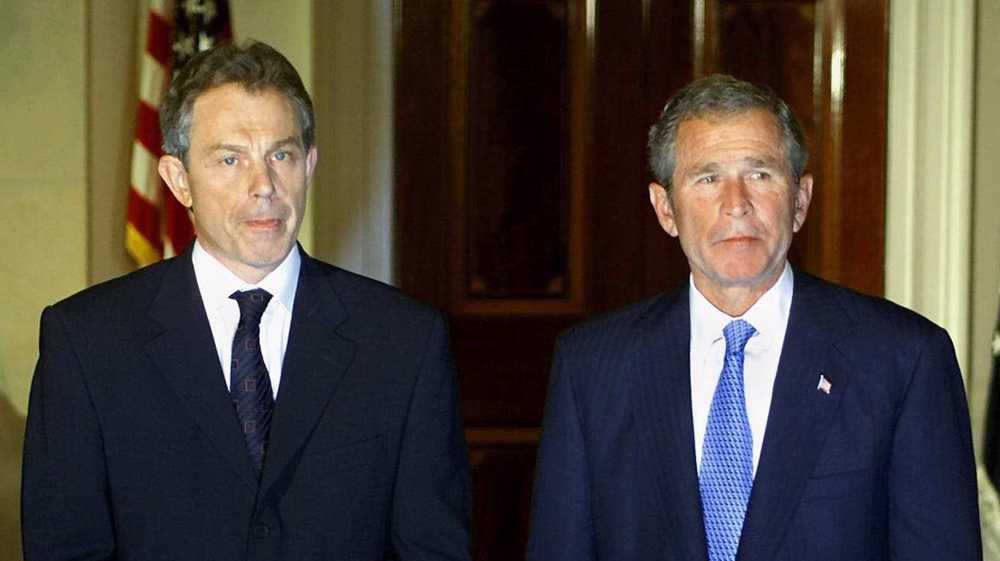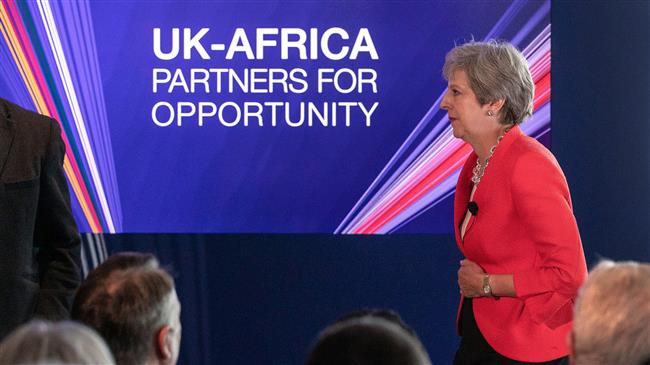UK seeks exploitation of Africa resources through trade deals: Expert
The United Kingdom’s new move to sign trade deals with African countries was in line with London’s old policy to exploit and "rip off" the continent's resources, a political analyst says.
“The UK has always invested as it is abroad, but then you have to look at the nature of the investment,” Rodney Shakespeare, an author and political expert from London, told Press TV on Wednesday.
“Its purpose is to rip off the resources [of Africa] for the benefit of the local elites and (for) the United Kingdom,” he added.
Shakespeare said British Prime Minister Theresa May’s announcement during her South Africa trip that she wants the UK to become the largest investor in Africa from the developed world was a a repetition of an old propaganda line which seeks to plunder the wealth of nations under the title of foreign investment.
“All this propaganda you hear about the benefits of foreign investment is actually most of the time it’s an excuse by which local resources are exploited and ripped off,” said Shakespeare.
“Foreign investment is only a good thing if it brings in technology but it’s usually for benefit of a narrow group and for the exploitation of resources.”
However, he said UK’s trade deals with African countries will not succeed in creating new economic opportunities in the continent as they are no different than the current trade mechanism between the European Union and African countries.
While in Cape Town, South Africa, on Tuesday, May said that her government would seek new trade partners in Africa as part of efforts to mitigate consequences of Britain’s withdrawal from the EU.
“I want to create a new partnership between the UK and our friends in Africa built around shared prosperity and shared security,” May said in her speech to South African business leaders.
May’s offer of huge investments in Africa come against the backdrop of accusations that British companies have been plundering energy and mineral resources in the continent.
A report in late 2016 suggested that London had always used its power and influence to ensure that British mining companies have access to Africa’s raw materials. It said 101 companies listed on the London Stock Exchange (LSE) had controlled resources worth in excess of $1 trillion in Africa through involvement in mining activities.
Iraq exhuming remains of 100 Kurdish women, children killed by Saddam
Panama rejects talks with US over canal control
HTS rulers name al-Qaeda operative as Syria's new spy chief
Iran voices concern about rising insecurity, violence in Syria
VIDEO | Karachi sit-in amplifies nationwide call for justice for Parachinar victims
Iran strongly condemns Israeli bombing of Yemen's civilian infrastructure
VIDEO | Press TV's news headlines
VIDEO | Israel and Iran’s Nuclear Facilities?










 This makes it easy to access the Press TV website
This makes it easy to access the Press TV website